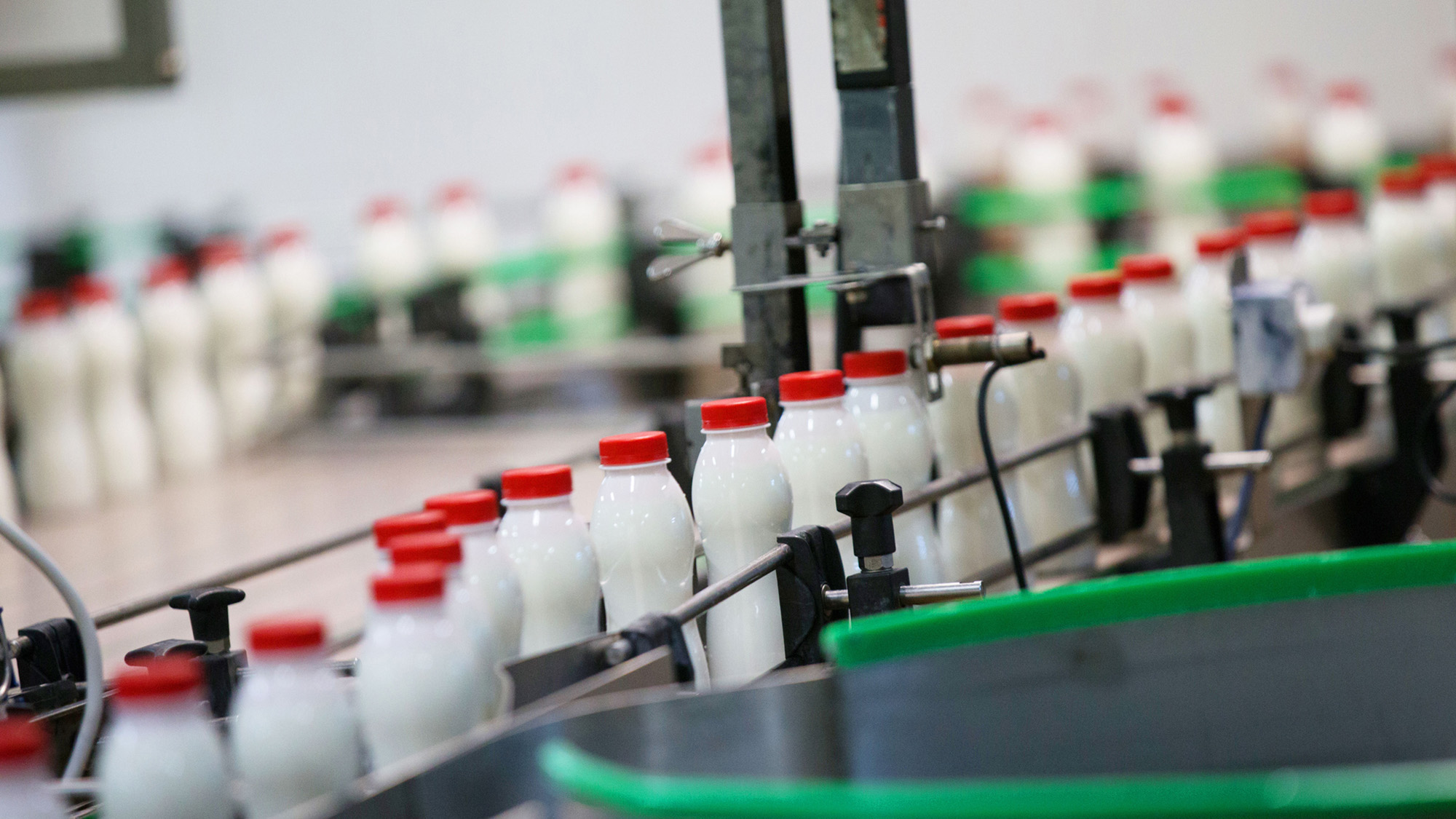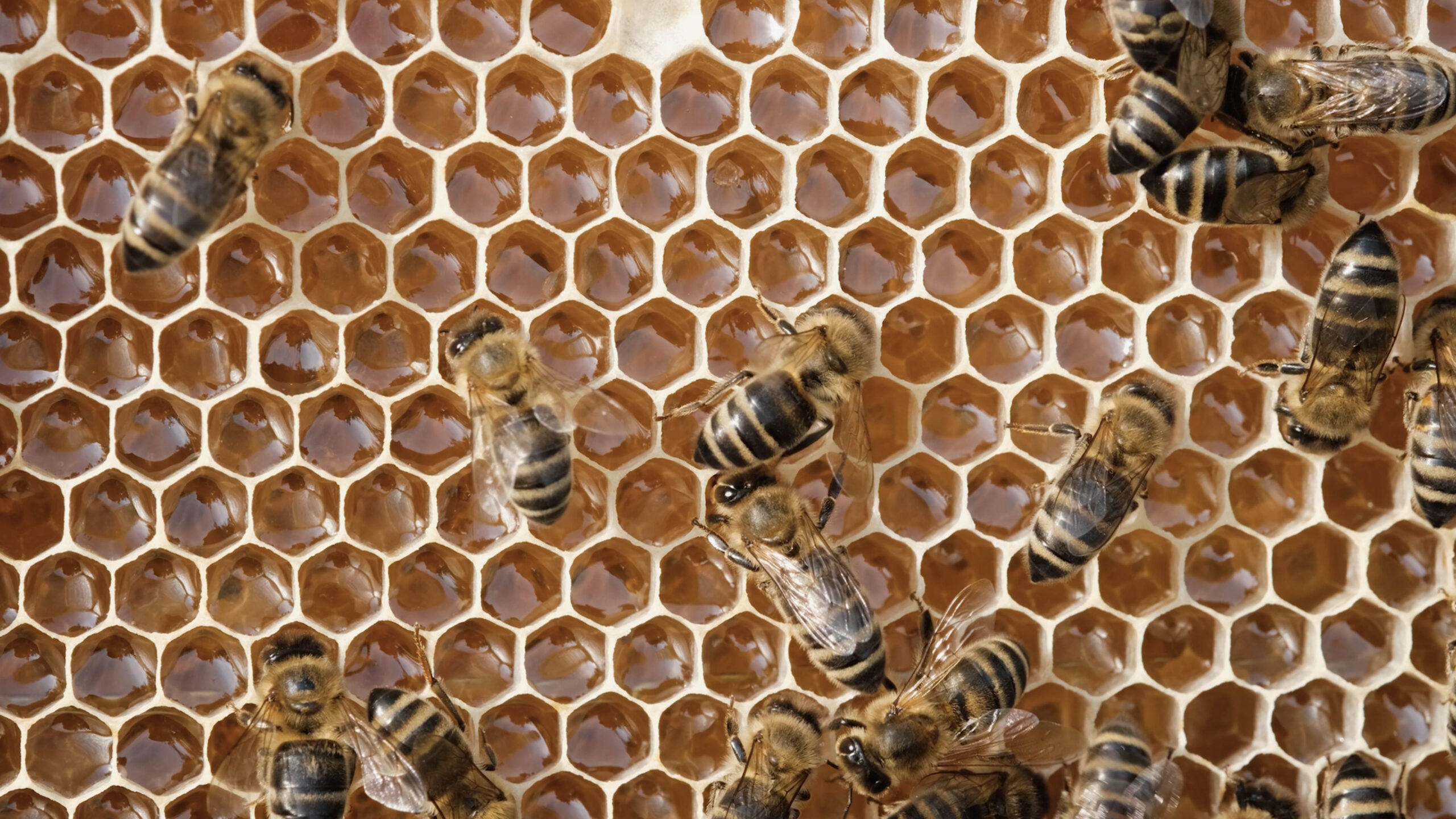North Carolina is home to roughly 44,000 dairy cows across the state. Each of these cows produces nearly 2,500 pounds of milk — more than 100 million pounds in total — each year.
So how do farmers and dairy operations go about moo-ving all of that milk and ensuring that you have access to fresh, safe dairy products like cheese, ice cream and milk?
Transportation is a key step in the food supply chain, as fresh milk begins its journey from the farm to your fridge. And one of the most important stops along the way is at the processing facility.
North Carolina is home to 44,000 milk cows, which produce over 100 million pounds of milk each year.
For the majority of milk produced in North Carolina, it’s transported in large tanker trucks from the farm to a processing plant, where it’s tested for antibiotics and other safety issues. By law, no processing plant in North Carolina can accept any milk that contains antibiotics. This helps ensure that your milk is pure and safe — no Grade A milk in North Carolina contains antibiotics.
The entire process is enclosed, efficient and safe — in many cases, you can have farm-fresh milk in stores and at your table in less than 48 hours. Watch our latest On the Farm segment to discover more about milk transportation!
Got Stats?
North Carolina dairy industry statistics as of 2019
- North Carolina is home to 160 dairy farms
- A typical North Carolina dairy farm has about 250 milking cows
- Dairy cows produce an average of 8 gallons of milk per day
- 95% of all milk produced is consumed as fluid milk
- The top 5 milk producing counties in North Carolina are Iredell, Randolph, Gaston, Lincoln and Sampson
More Resources
- Find more videos that offer a peek into dairy farming at Discover N.C. Dairy, where you can explore a modern dairy farm with an interactive map, from the cows to the milking parlor — and everything in between.
- Curious calves at home? Check out Mooving Milk from Farm to Fridge, a package of educational resources and activities from Extension’s 4-H program for grade-school kids.
- Hoof it over to NC State Extension’s Dairy website for more information and resources.
Special thanks to NC State Extension’s dairy team and The Dairy Alliance for their expertise and leadership in developing this and other dairy education resources.
- Categories:



